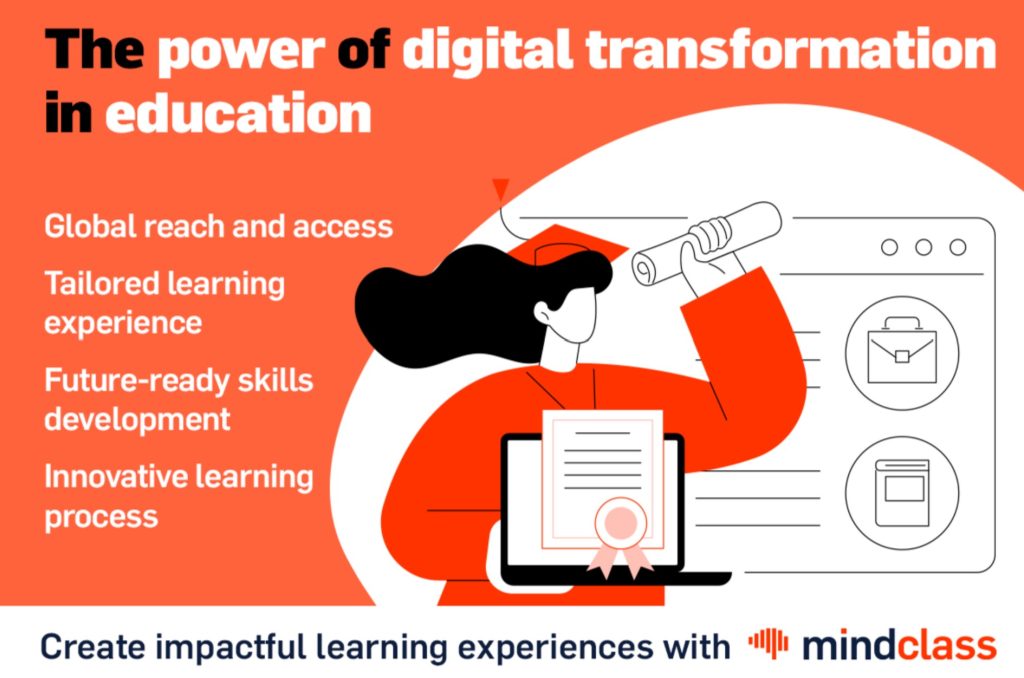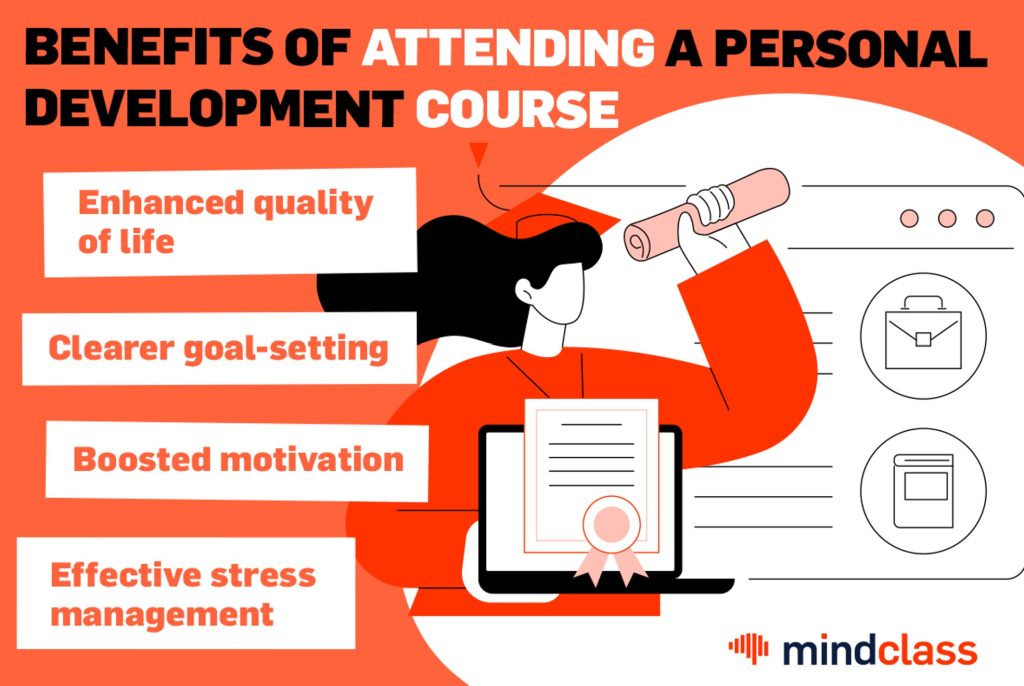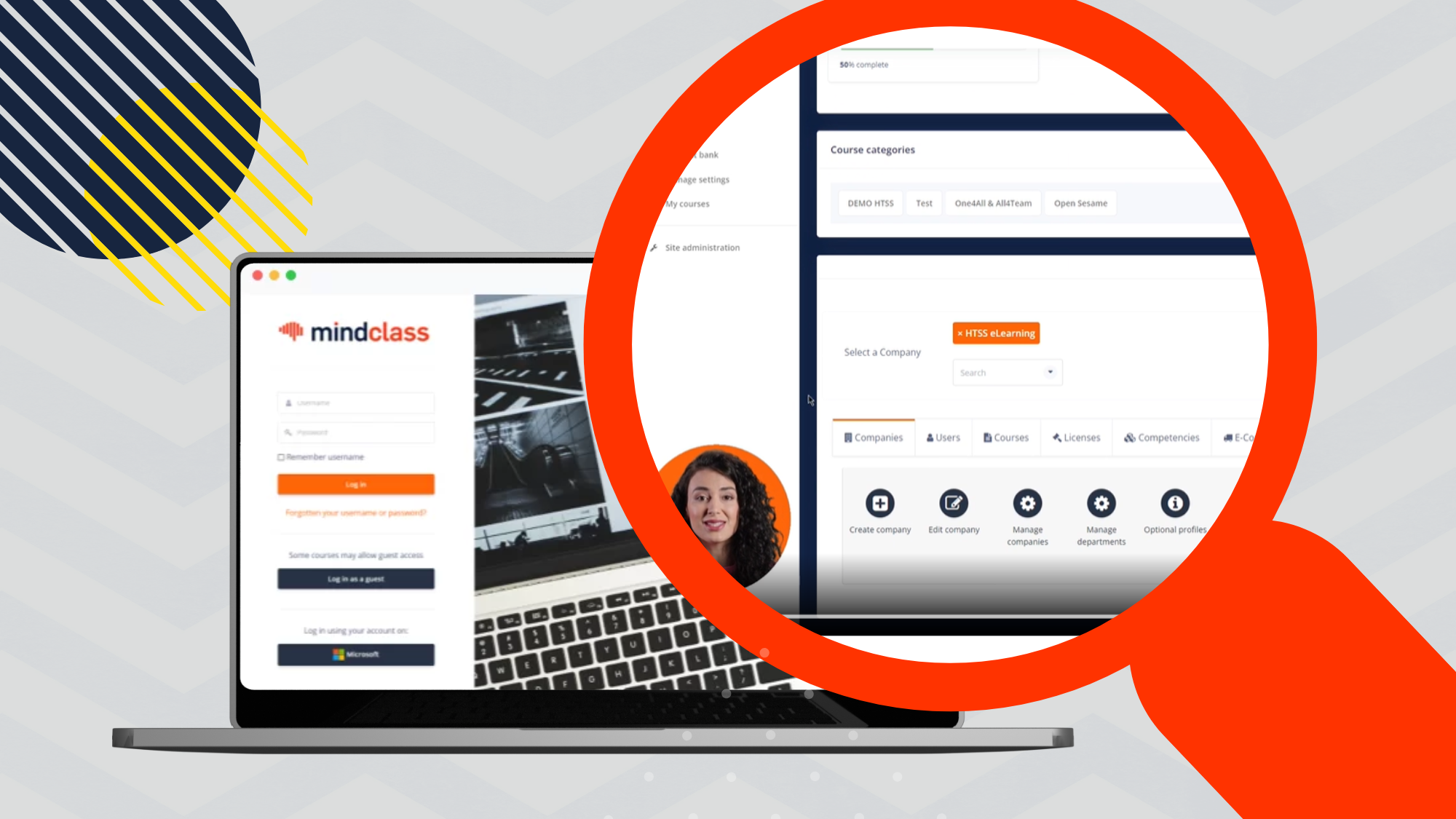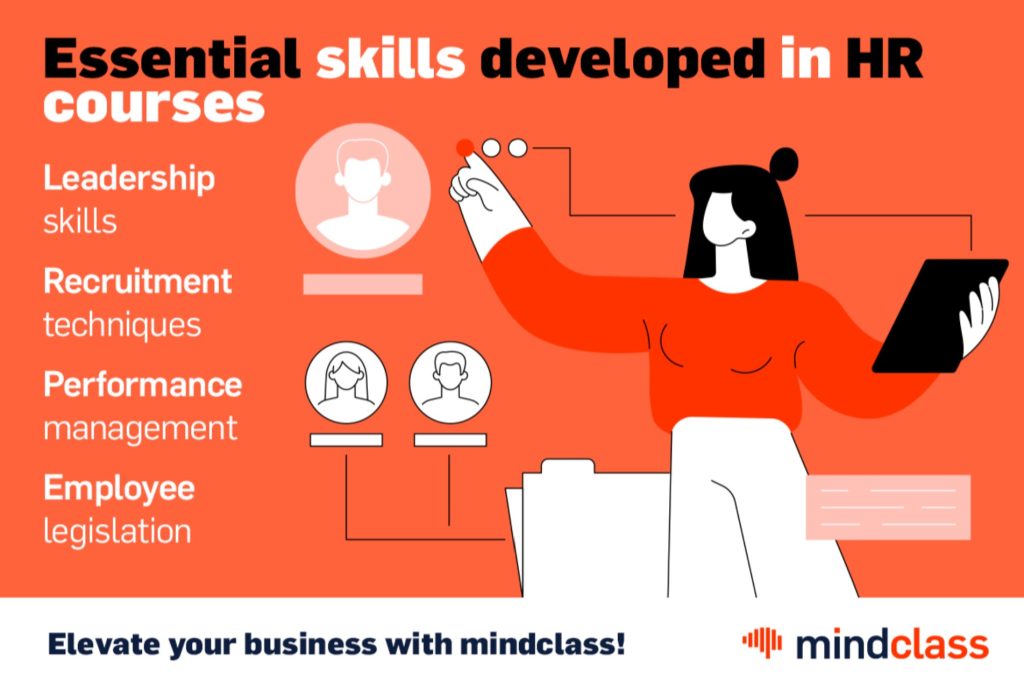- The role of artificial intelligence in personalizing educational content
- Augmented reality – A new way to learn interactively
- Advanced gamification – Learning through rewards and motivation
- Integration with other systems – How mindclass connects with your preferred tools
- Technological innovations that differentiate mindclass from other platforms
- Why choose mindclass for your educational needs?
In today’s fast-paced world, education needs to evolve to keep up with the demands of modern learners. Mindclass, a revolutionary platform, does just that by leveraging cutting-edge technologies to create a personalized, interactive and engaging learning experience. From artificial intelligence (AI) to augmented reality (AR) and gamification, Mindclass integrates innovative tools to revolutionize education. In this article, we dive deep into the technology that powers mindclass and explore how it differentiates itself from traditional learning platforms.
The role of artificial intelligence in personalizing educational content
At the core of mindclass is artificial intelligence, which plays a key role in providing personalized learning experiences. Unlike conventional platforms that deliver static content, mindclass uses artificial intelligence algorithms to analyze user behavior, learning patterns and preferences.
This data-driven approach allows the platform to recommend personalized learning paths, ensuring each user gets the support they need. For example, if a learner struggles with certain topics, mindclass dynamically adjusts content to reinforce those areas. Conversely, for advanced learners, it can introduce more challenging material to keep them engaged.
AI also improves assessments by adapting the difficulty of questions according to the learner’s progress. This makes the assessment process fair and efficient. By tailoring the learning experience, mindclass not only boosts knowledge retention but also motivates users to stay on track.
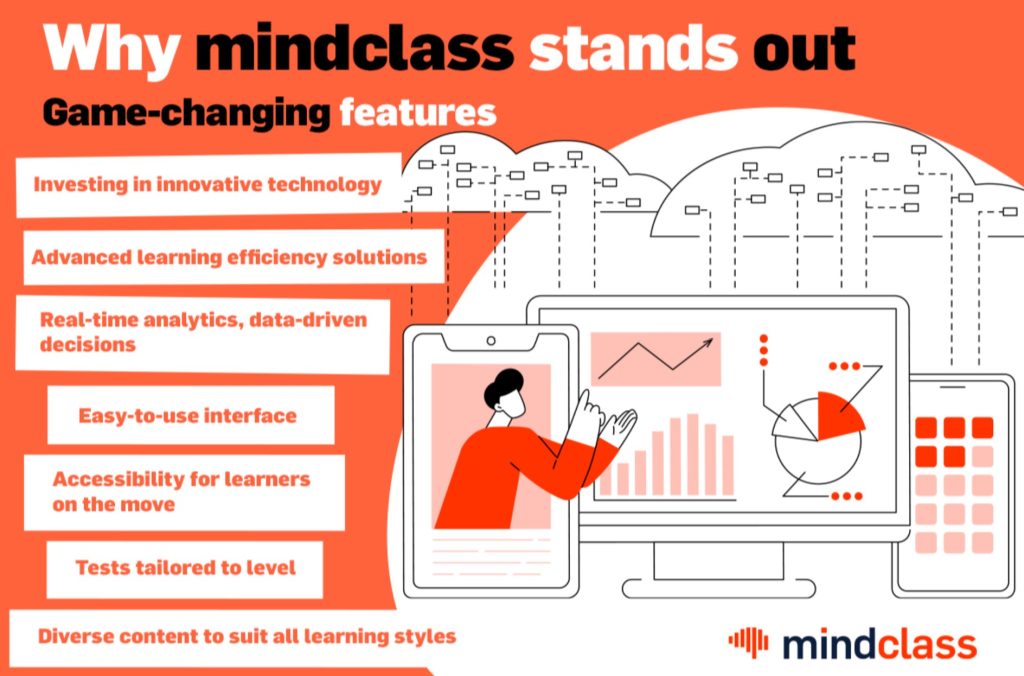
Augmented reality: a new way to interactive learning
One of the most exciting features of mindclass is the integration of augmented reality. AR technology transforms the traditional learning experience by immersing users in a visually rich and interactive environment.
For example, students studying anatomy can use AR to explore 3D models of the human body, while engineers can manipulate virtual machines to understand their functionality. This hands-on approach bridges the gap between theory and practice, facilitating the understanding of complex concepts.
Augmented reality also makes learning more engaging by turning abstract ideas into tangible experiences. Imagine a history lesson where students can virtually walk through ancient ruins or a chemistry class where molecular structures come to life. Mindclass uses AR to make education not just informative, but truly memorable.
Advanced gamification: learning through rewards and motivation
Gamification is a cornerstone of mindclass, designed to make learning fun, engaging and goal-oriented. The platform incorporates advanced gamification features, such as badges, leaderboards, progress tracking and achievement rewards, to boost a sense of accomplishment.
For example, learners earn points or unlock badges when they complete a course module, reach a milestone or perform well on assessments. These incentives encourage consistent participation and create a healthy competitive spirit among users.
In addition, the platform uses game-like challenges to break down complex topics into manageable and enjoyable activities. This approach is particularly effective in corporate training, where employees can compete in friendly competitions while learning essential skills. Turning education into an adventure, mindclass keeps learners motivated and engaged throughout their journey.
Integration with other systems: connecting mindclass to your preferred tools
Another significant advantage of mindclass is its seamless integration with other systems and tools. Whether it’s a corporate learning management system (LMS), productivity tools like Slack and Microsoft Teams, or cloud storage services, mindclass ensures a smooth and connected user experience.
This feature is particularly beneficial for organizations looking to streamline their workflows. For example, managers can use mindclass to assign training modules directly through their favorite communication tools, while employees can access course materials without leaving their existing platforms.
Additionally, mindclass supports API integrations, allowing enterprises to customize the platform to their specific needs. This adaptability makes it a versatile choice for educational institutions, startups, and multinational corporations alike.
Technological innovations that differentiate mindclass from other platforms
What really sets Mindclass apart is its commitment to technological innovation. Beyond AI, AR and gamification, the platform incorporates a number of advanced features designed to enhance the learning experience.
- Real-time analytics: Educators and managers can track learners’ progress, identify areas for improvement, and make data-driven decisions to optimize training outcomes.
- Mobile-oriented design: With a user-friendly interface optimized for smartphones and tablets, mindclass ensures accessibility for learners on the go.
- Adaptive assessments: These tailor the difficulty and format of questions to match the learner’s skill level, ensuring a fair and productive assessment process.
- Variety of content: From videos and quizzes to interactive simulations, mindclass offers diverse content formats to cater to different learning styles.
These innovations ensure that mindclass remains a leader in the edtech space, delivering value to both learners and organizations.
Why choose mindclass for your educational needs?
In a world where education is rapidly evolving, mindclass stands out as a platform that blends innovation with practicality. The system’s integration of AI, AR, gamification and seamless connectivity makes it the ideal choice for anyone looking to modernize their approach to learning.
Whether you’re an educator looking to engage students or a business looking to upskill your workforce, mindclass gives you the tools you need to succeed. By prioritizing personalization, interactivity and motivation, the platform ensures that every learning experience is effective and enjoyable.
Ready to transform the way you learn? Discover today how mindclass can revolutionize your educational journey!










